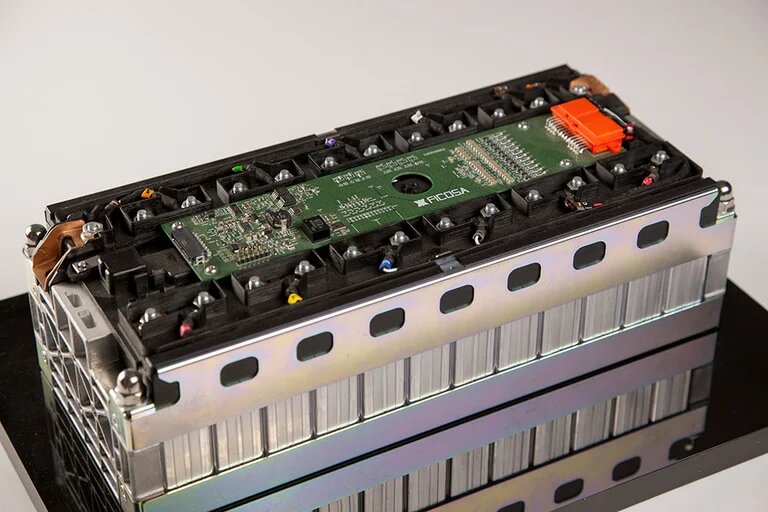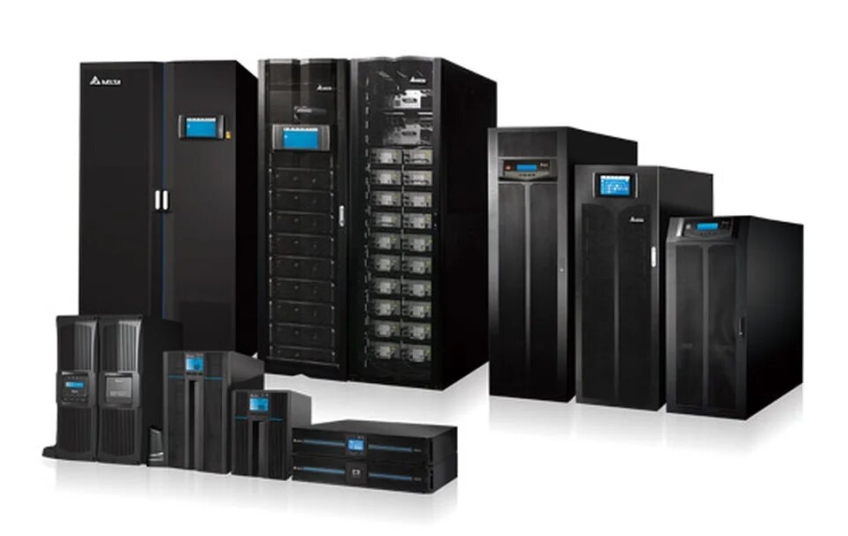Uninterruptible power supplies (UPS in Spanish) are devices that during a power outage can provide electrical power for a limited time to other devices.
Although they are known to be the power source for laptops and smartphones, lithium-ion batteries are positively changing the field of uninterruptible power supplies (UPS).
This rechargeable battery overcomes the disadvantages of traditional Valve Regulated Lead Acid (VRLA) batteries commonly used in UPS systems.
In this article, you will have 6 practical benefits of using lithium-ion batteries in UPS.
High-temperature resistance
In general, lithium-ion batteries can operate at temperatures up to 104°F without loss of performance.
This is a clear advantage of this battery technology over VRLA batteries, which take about half their useful output for each 15°F rise above 77°F.
Because lithium-ion batteries have a wide operating temperature range, they are suitable for installations, harsher and non-traditional environments without sufficient cooling space.
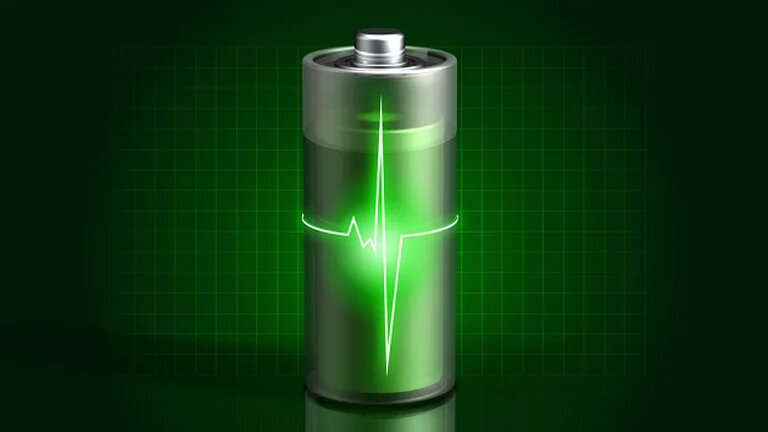
Faster recharge
UPS batteries must be recharged as quickly as possible to reach full capacity. While VRLA batteries take more than 12 hours to fully charge from 0% to 90%.
In contrast, lithium-ion batteries only need 2-4 hours to charge. This reduces the risk of a general power outage before your UPS battery is fully recharged.
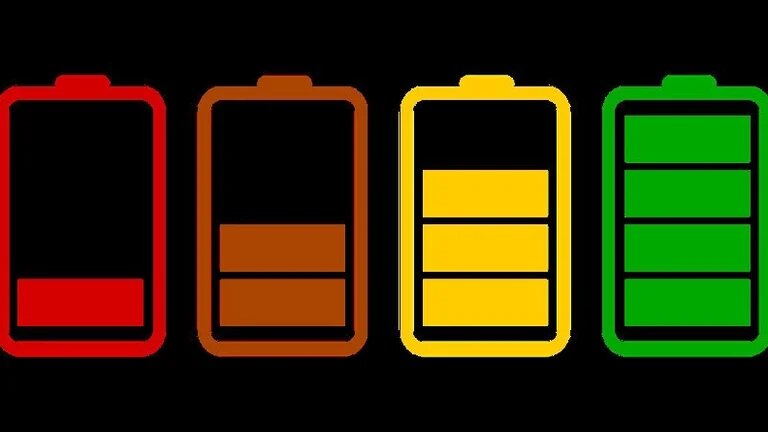
Longer duration
Lithium-ion batteries last 23 times more than VRLA batteries. Compared to traditional VRLA battery technology, which has a lifespan of three to five years, lithium-ion technology can have a lifespan of eight to ten years (or more), sometimes even longer than the inverter itself.
Essentially, this makes the UPS virtually maintenance-free with little or no need to replace the battery during its lifetime.
Unlike VRLA batteries, lithium-ion batteries have a long lifespan, making them ideal for many applications with frequent discharge and charge cycles.
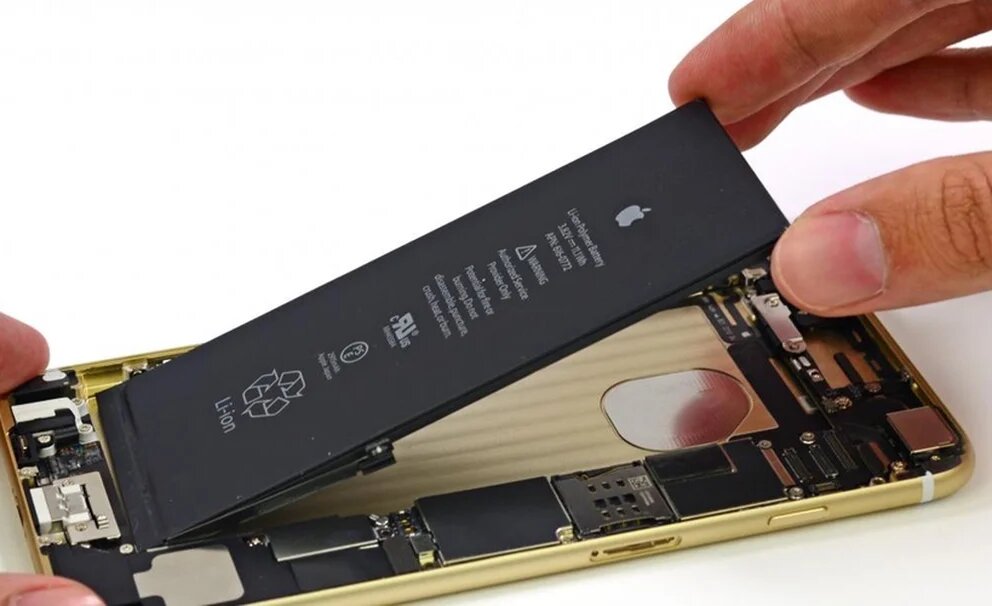
More compact, lighter and more versatile
Lithium-ion batteries are 40-60% lighter and 40% smaller than their VRLA counterparts. This results in a significant level of power density, with less space required to supply the same amount of power.
This space-saving feature makes UPS and battery installation easier and more flexible. It doesn't require the costly structural reinforcement of buildings that VRLA batteries require.
Less space dedicated to the UPS system too allows more space for income-generating activities.
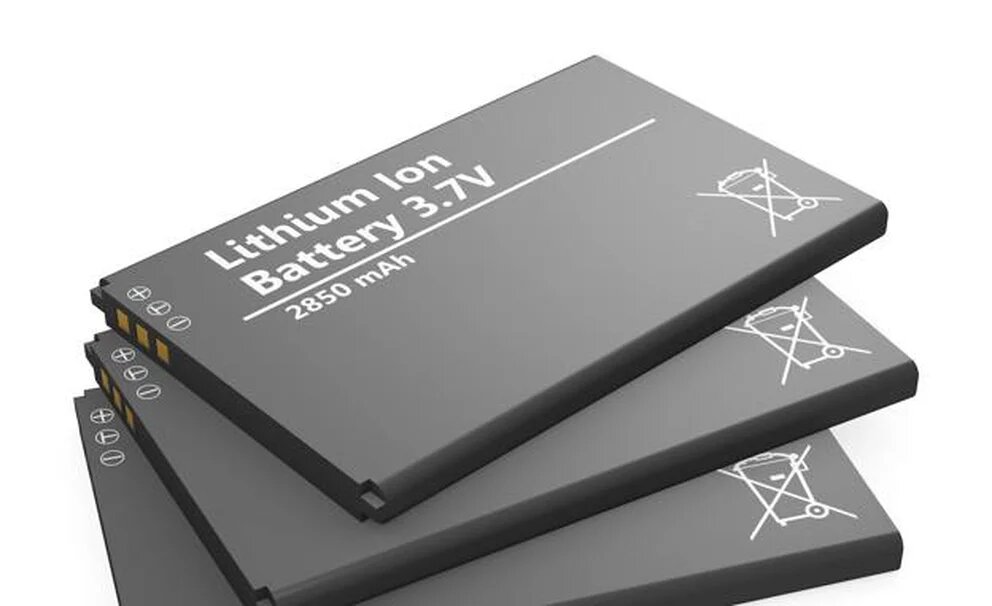
Helps reduce the total cost of ownership
Compared to the total cost of ownership (TCO), lithium-ion batteries can save up to 50% over their lifetime.
Mainly due to its long lifespan, resistance to high temperatures, lower maintenance costs (little or no battery replacement) and lower installation costs.
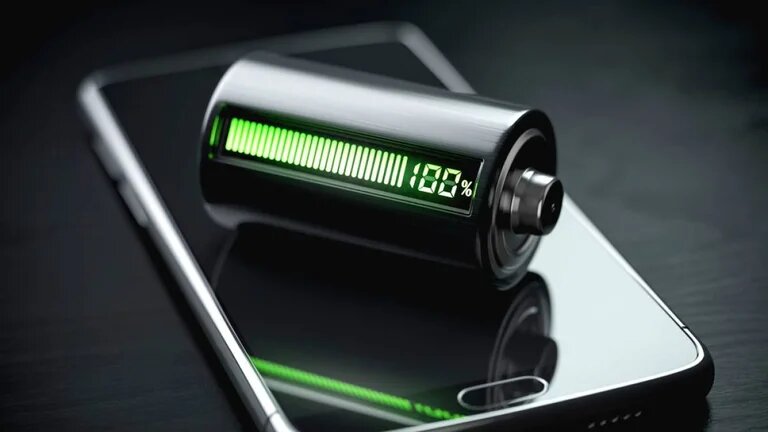
Come with an advanced built-in battery management system
Unlike VRLA batteries, lithium-ion batteries come with an advanced built-in battery management system (BMS).
Provides an accurate picture of battery status and runtime, and protects battery cells from overcurrent, temperature, and overcharging.
The BMS continuously adjusts the battery charge level to maximize performance and battery life.
